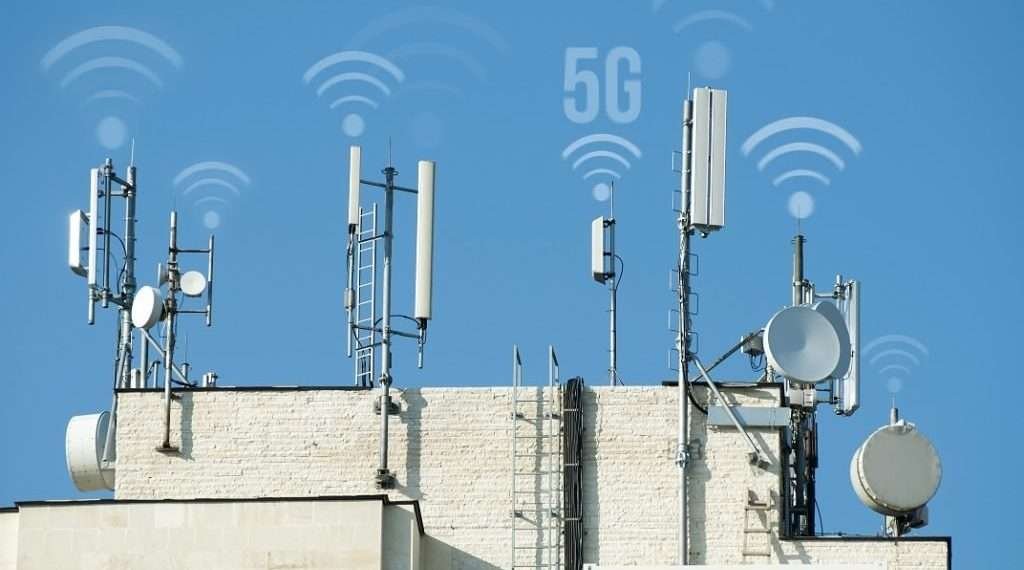Africa’s telecommunications market has great potential to provide and support long-term demand for data as significant technological development are coming online, Fitch Solutions suggests.
This is evident in the uptake of basic mobile services in Africa, accelerated by the global Covid-19 pandemic, which has seen more users coming online in markets such as Ethiopia. The liberalization of the telecoms sector in Ethiopia, particularly, will necessitate significant bandwidth upgrades as demand for connectivity grows rapidly.
“The Covid-19 pandemic has enabled new tech-centric opportunities for growth, mainly driven by increased restrictions on movements and other efforts to curb the pandemic. In previously closed-off markets, such as Ethiopia and Angola, significant growth will still be driven by new users coming online.”
Fitch Solutions
According to Fitch Solutions, more markets are benefitting from deepening of their mobile money segments. For operators, a greater focus on fintech and e-commerce will help offset slow revenue growth in the traditional low-margin mobile services segment.
Fitch Solutions forecasts show a positive outlook for 3G/4G adoption, which it is expected to remain robust, with 3G/4G customers accounting for 309 million subscribers in 2020. This will likely grow to 540 million customers, or 82.3 per cent of all mobile subscriptions by 2030.
Furthermore, 5G will also take root during the forecast period, with opportunities opening over the coming year. Already, operators have begun conducting 5G trials as well as market launches in markets including South Africa, Seychelles, Mauritius and Togo.
The state of the region’s fixed broadband segment will also see continued improvements with network investments into fibre. This is focused on meeting demand from the businesses in the emerging industries, such as financial services, logistics and ICT as well as by public institutions.
Submarine Connectivity to scale up
Also, increased submarine connectivity would significantly enhance the region’s broadband speeds, penetration levels and lower the cost of bandwidth. This provides potential of presenting an attractive proposition for businesses.
According to Fitch Solutions, over the coming years, Africa will see new hubs for submarine cable connectivity consolidating in markets such as Djibouti and South Africa. This bodes well for improving the region’s access to reliable, faster and cheaper international bandwidth.
Thus far, investments into local production have not been sufficient to establish large-scale manufacturing facilities in the region. Africa holds the potential to benefit from vendors’ diversifications of their supply chains.
In December 2020, Transsion Holdings’ smartphone manufacturer Infinix announced it would begin manufacturing its products in Egypt. This is in partnership with local smartphone manufacturer Sico Technology.
Other markets are also seeing increasing domestic production and assembly of electronics products. Nigeria, is one such example, with imports of electronic components rising from US$100 million in 2018 to over US$200 million in 2019.
Downside and Upside risks in Africa’s Telecom Market
The market hosts firms such as Zinox Technologies, which assembles in-house enterprise and consumer hardware product brands. Also, it has the capacity to execute contract manufacturing for other brands. Pan-African conglomerate Mara Group has also launched smartphone factories producing mid-range models in Rwanda and South Africa.
“We note that it would not be viable for the region to fully diversify away from its reliance on East Asian supply chains for consumer electronics products.”
Fitch Solutions
Meanwhile, in markets such as South Africa and Kenya, labour costs, a key feature of competitiveness for the production of low-value electronics hardware, are comparatively higher.
According to Fitch Solutions, high trade costs and bureaucratic procedures also pose significant challenges for intra-regional trade of ICT products.
That notwithstanding, there is an upside risk in the long-term from the establishment of the African Continental Free Trade Area.
READ ALSO: Gov’t mobilizes GHC413.6 million from self-employed in 2020























